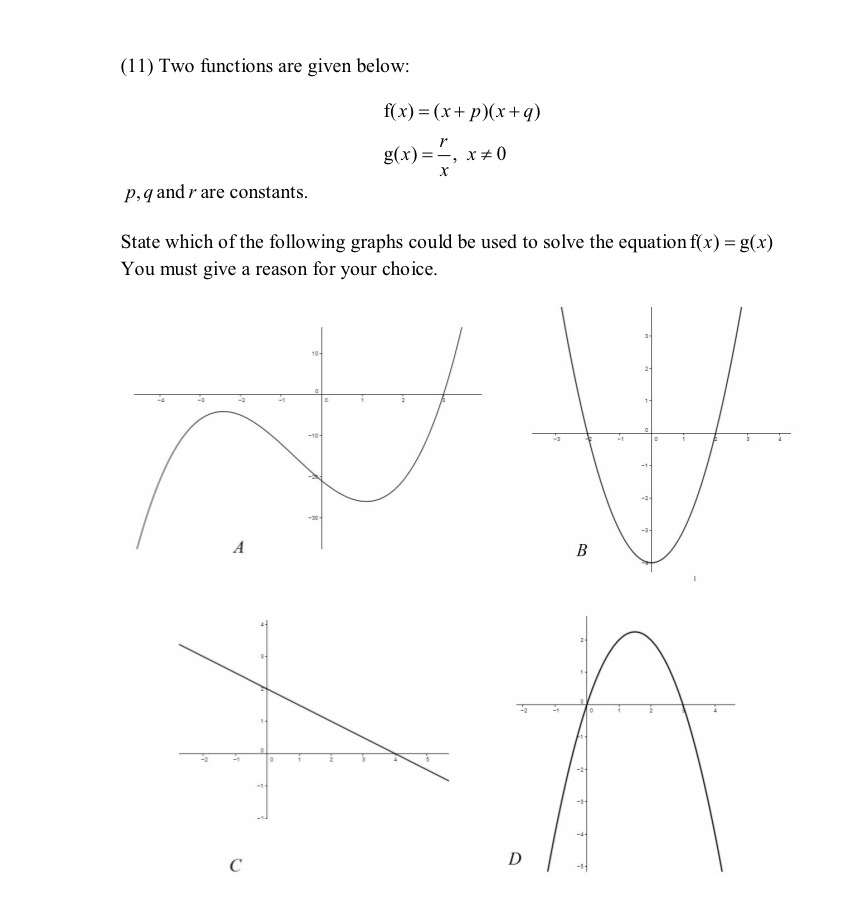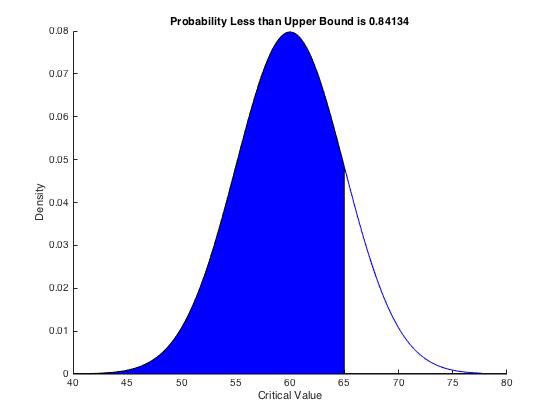So my fellow #summerblogchallenge writer @missnorledge alerted me to the #29daysofwriting challenge organised by staffrm and I thought I might as well have a go. I will be cross posting from my own blog at www.blog.ifem.co.uk (if you haven’t already check it out, there is a wide mix of stuff on there!) I think these posts will be different to my usual posts because I don’t have the flexibility with the staffrm editor that I do with my own hosted wordpress site – for instance I don’t believe I can insert LaTeX into my posts easily on this.
I was struggling to choose a topic to write about for this first day until a conversation on Twitter earlier this evening reminded me about an article that I really enjoyed reading last week. The article was from Naveen Rivzi and published on the TES entitled “Why new teachers should not have to plan lessons. They should just get on with teaching.” I found this article very thought provoking, and whilst I may be still unconvinced by all of it – I think I would miss planning my own lessons – there are some points definitely worth thinking about. Subject knowledge is important and it’s natural that pedagogic knowledge develops with time so anything that supports new teachers or teachers with weaker subject knowledge in certain areas (we all have those areas!) gets my vote.
I am all for debate about maths education, and this is actually one of the things I love about Twitter – many differing views to digest and think about; however this article (for some reason) seemed to generate a huge amount of negative publicity. Of course there is nothing wrong with disagreeing with people’s views; it would be a very boring world if we all agreed with each other! In this case, however, I feel that the response took a more personal line, with some tweets I saw appearing to call into question the professionally of teachers who weren’t planning their lessons. To me this is un-called for, an open honest debate about the points put across in an article is one thing but to dismiss it out of hand and ridicule the ideas in it isn’t constructive. I don’t think many teachers would allow that kind of response to a suggestion made by a child in the classroom, I know I wouldn’t!
I’m nearing the end of 29 minutes and the word count….
To sum up my views: I feel their is a danger of the maths ed debate becoming a polarised “them versus us” discussion – I don’t think this is helpful, and I feel that over my time on twitter I have learnt lots of things from people with very differing views. To close yourself off to viewpoints that you perhaps hadn’t considered before is, in my mind, fool hardy at best, and dangerous at worst.





